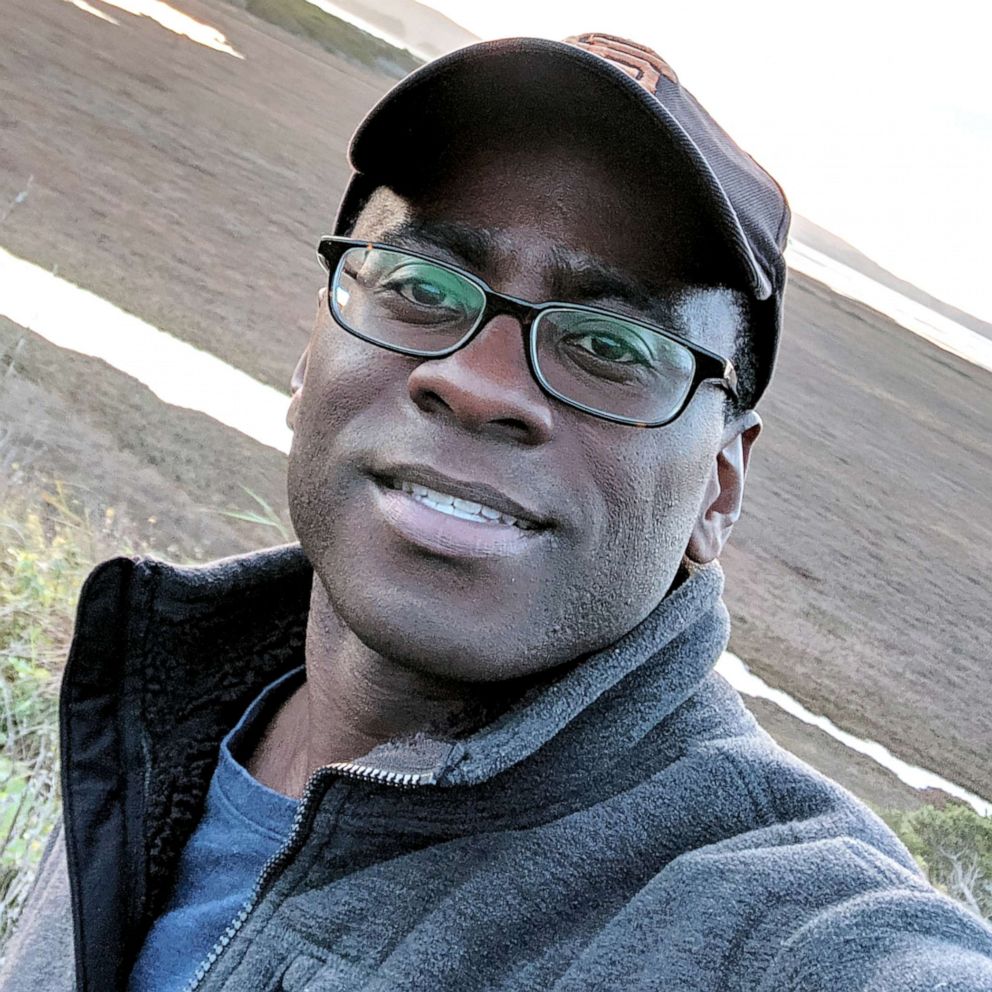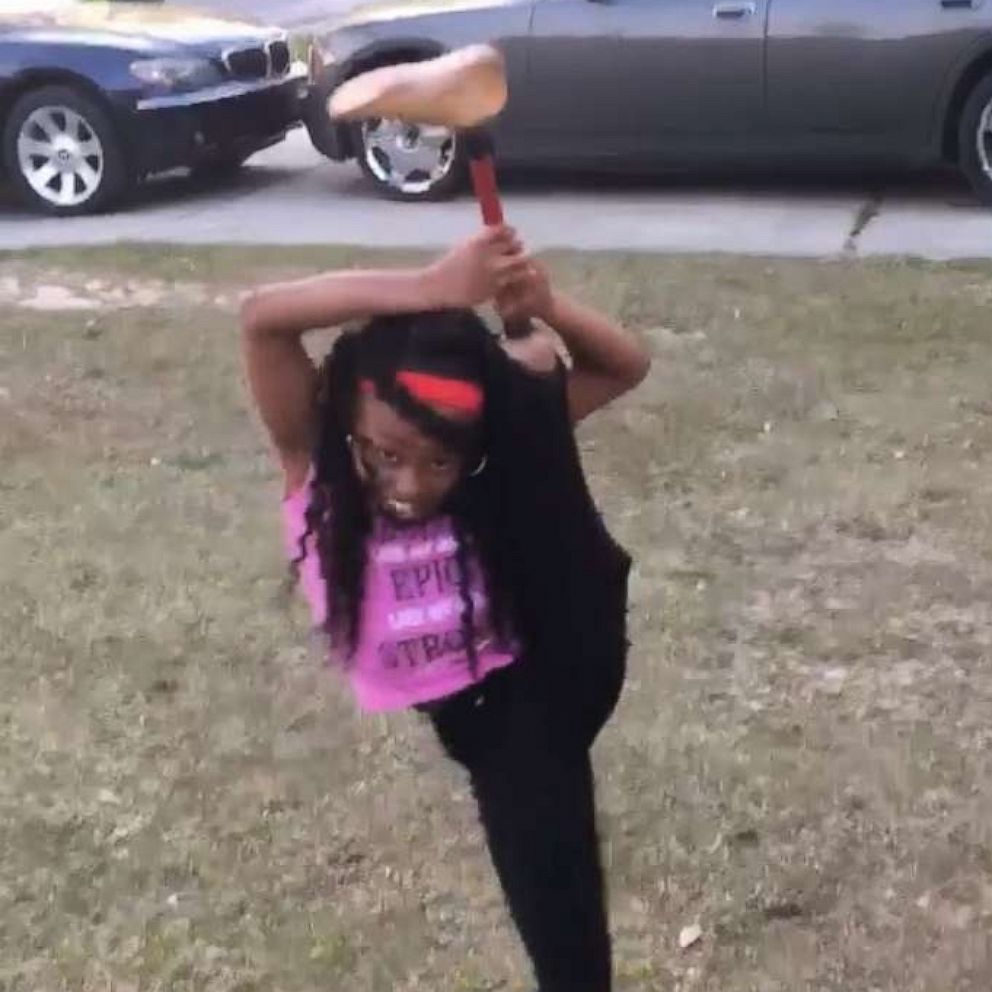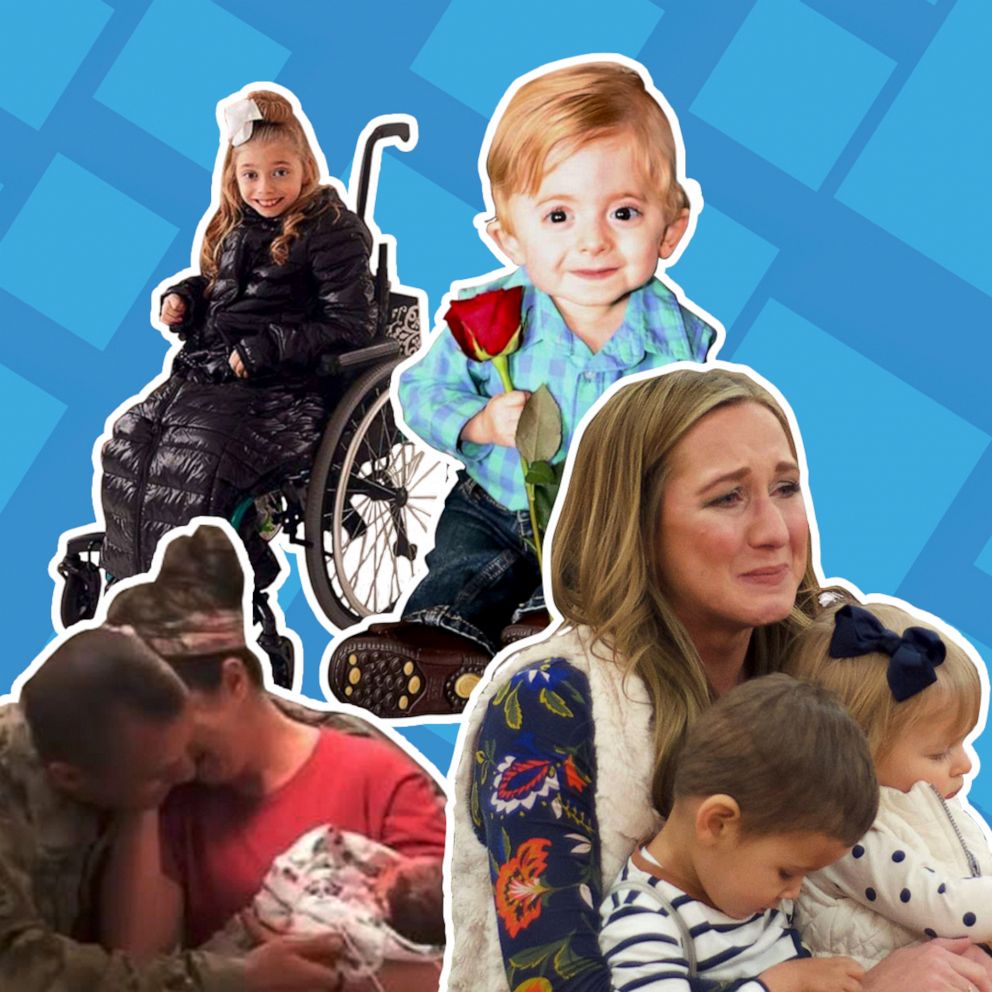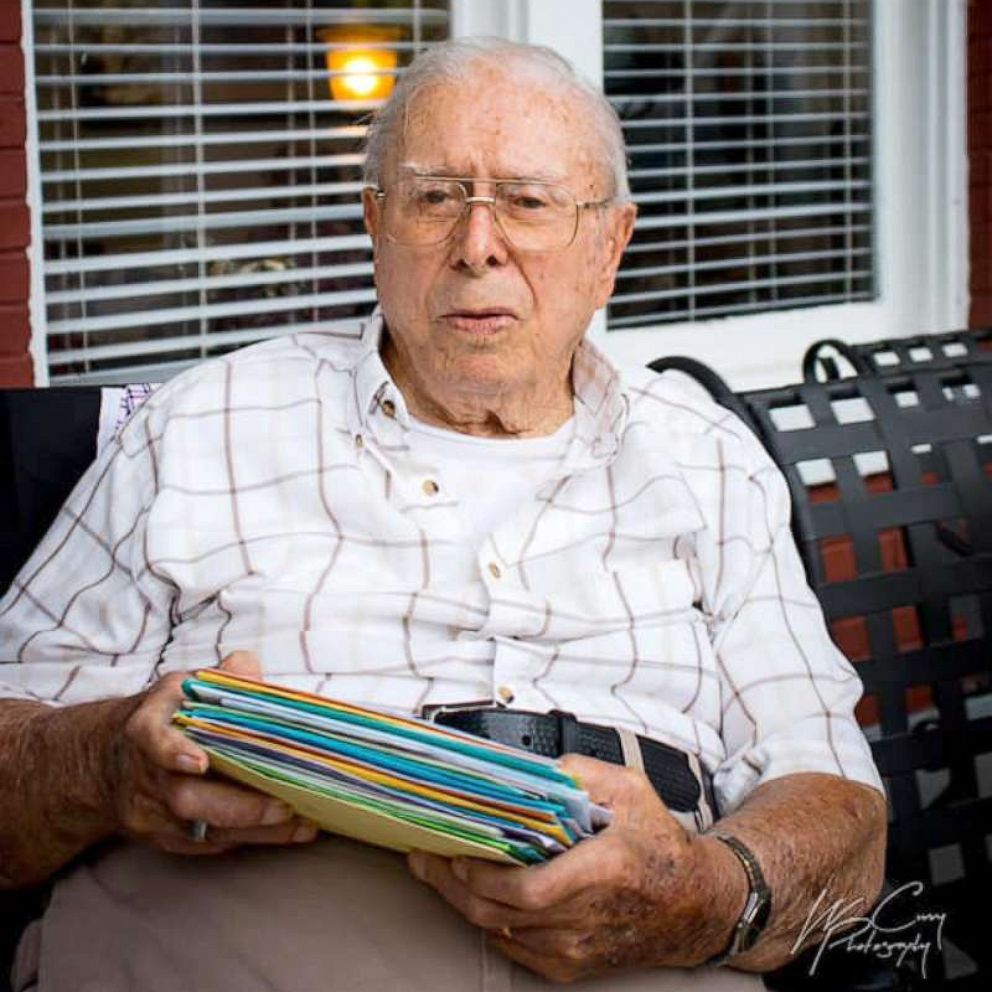Man's powerful tweet showing a bandage that matched his skin draws global support
"It just felt and looked beautiful."
A California man’s tweet about finding a bandage that blended with his skin tone has reached half a million people around the world and is sparking conversations about race and inclusion.
Dominique Apollon, 45, is vice president of research at racial justice organization Race Forward. He shared two photos of a seemingly less popular bandage on his hand, writing in the caption, "It's taken me 45 trips around the sun, but for the first time in my life I know what it feels like to have a 'band-aid' in my own skin tone."
Apollon told "Good Morning America" that he bought a pack of Tru-Colour bandages online a few months ago, but this was the first time he used one after cutting his finger.
"It just felt and looked beautiful. It just happened to match my skin perfectly," he said.
Apollon was moved by how well it blended in with his skin.
"You can barely even spot it in the first image. For real I'm holding back tears," he said on Twitter.
The bandage was a "powerful symbol of belonging" for him and he wanted to share the moment with the world.
"I wanted to as a consumer to demonstrate to the retailer that there was in fact a demand for products that center people of color," Apollon said. "It was like, 'Wow. This is what it feels like to be appreciated.'"
The post was retweeted 107,000 times and 556,000 people replied to the emotional message including "Star Wars" actor John Boyega.
Boyega tweeted, "Yep! On film sets where we get cuts a lot, make up artists have to paint it brown to get you picture ready."
One woman chimed in, "The 'flesh' crayon confused me so much when I was a kid, & my mom tried her best to help me find the crayon that matched me the best, but I remember being upset that nothing really worked."
Another person tweeted that "similar requests should be made for dolls, make up, skincare/hair care products, ('flesh coloured' undergarments)."

Apollon said his viral tweet is about so much more than just a bandage.
"In terms of touching people, I've been touched. I've been moved by people in Brazil, people in Kenya in France -- just sending heart emojis, saying that they're tearing up," he noted.
"If we could calm our defensiveness a bit when a member of society expresses an experience of exclusion and just listen to them, it'll make a huge difference," Apollon added.







